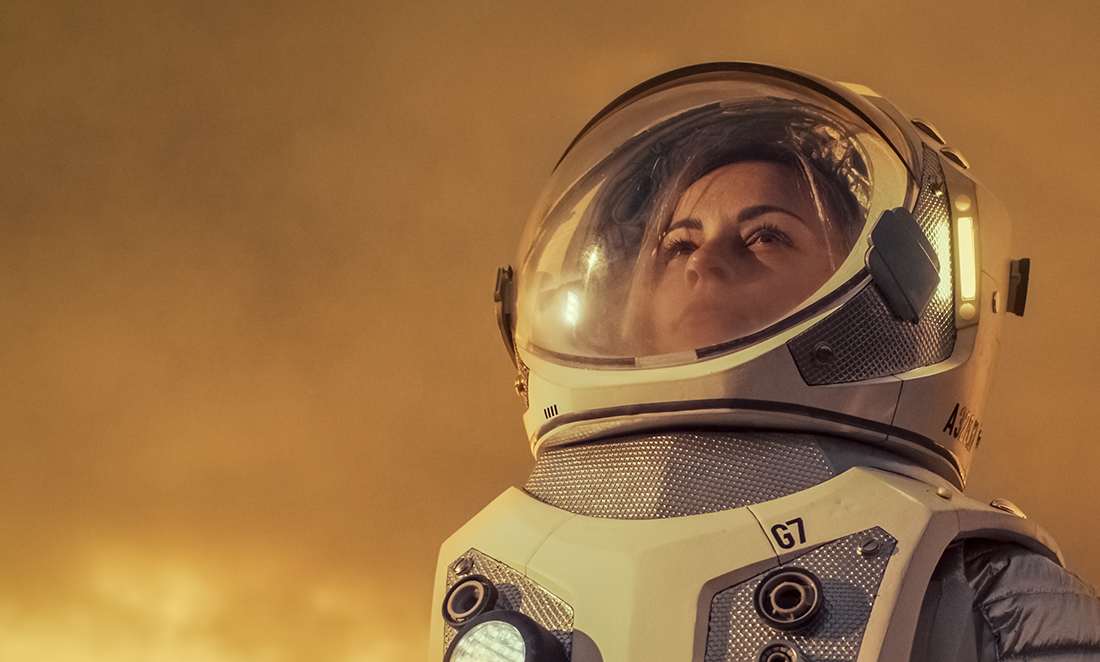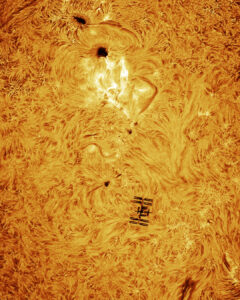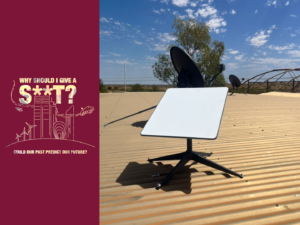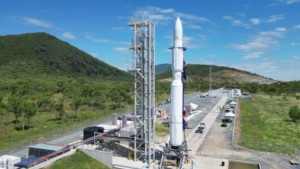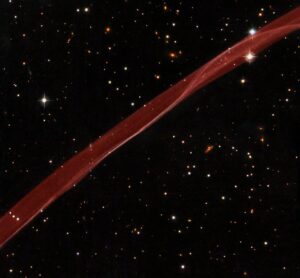Fifty-three years ago, the United States, Soviet Union and United Kingdom signed the Outer Space Treaty.
Written during the Cold War, the treaty banned weapons of mass destruction in Earth’s orbit and the establishment of military bases on the Moon.
It would form the backbone for the international laws that apply in space today.
Space for peaceful purposes
Professor Erika Techera teaches space law at UWA. She says treaties dating back to the 1960s and 1970s emphasise that space belongs to everyone.
“Those treaties really focused on peace and security,” Erika says.
“Trying to avoid the militarisation of space and prevent any country from appropriating a space object or a celestial body.”
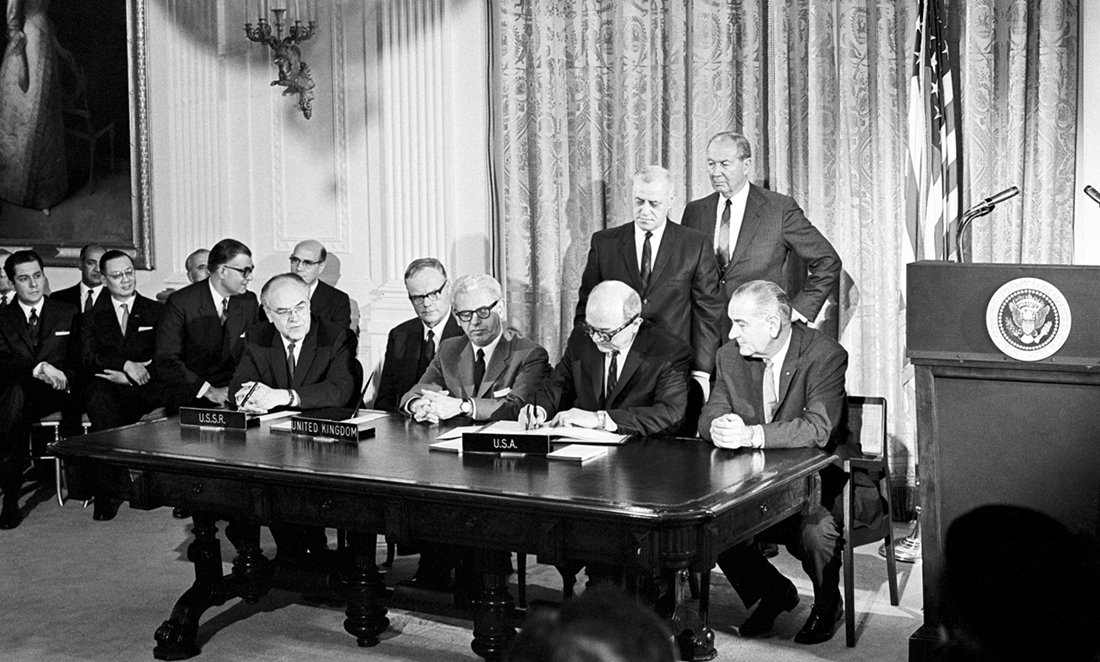
Erika says there are parallels to the laws that apply in Antarctica.
“No country can own Antarctica,” she says. “It’s shared, it’s the heritage of humankind.
“Different countries can establish research stations there, but they have to be for peaceful purposes.
“And you can’t mine resources in Antarctica.”
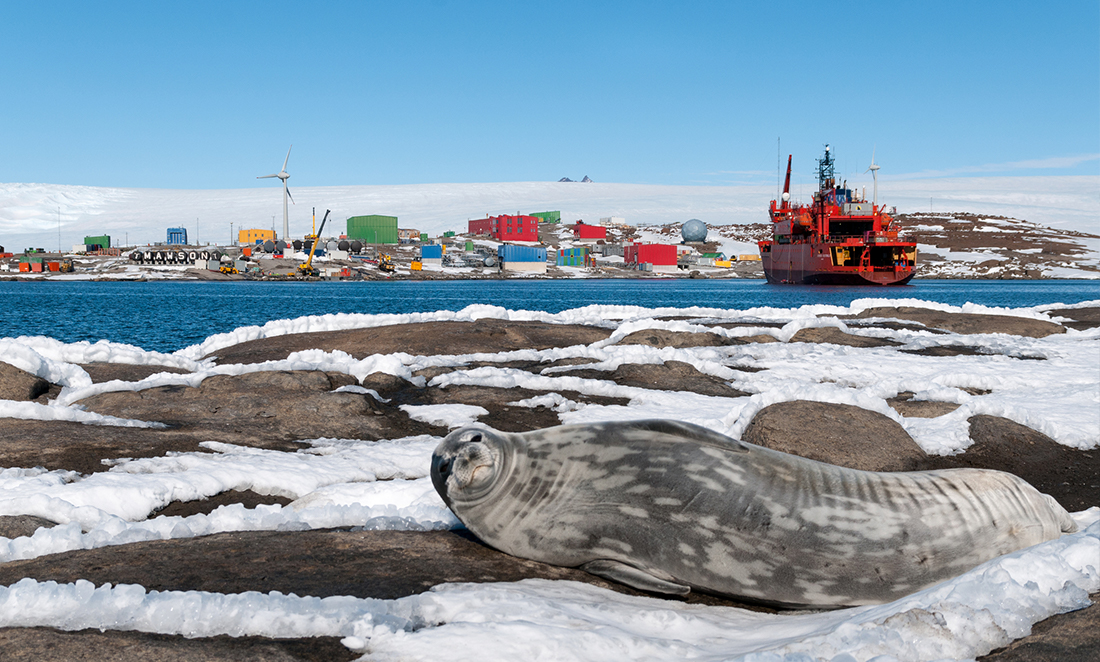
Commercial interests
When much of the international law was written, space exploration was largely limited to national space agencies like NASA and Roscosmos, the Soviet space program.
But today, space is increasingly the domain of private companies.
“We have Blue Origin, Virgin Galactic, SpaceX and entrepreneurs such as Elon Musk who are increasingly interested in space activities,” Erika says.
“But we’ve also got small satellite companies and launching facilities in multiple countries.
“So not only do we need principles about who owns what or what you can do in space, but we need to think about things like debris, congestion and satellite orbital slots.”
Then there are the more than 2000 satellites currently orbiting the Earth.
“We need to ensure appropriate regulation and management so that they don’t hit each other or are impacted by space debris,” Erika says.
“If that happens, we could lose our Google Earth imaging and other Earth observation data from weather satellites or services from communication satellites.”
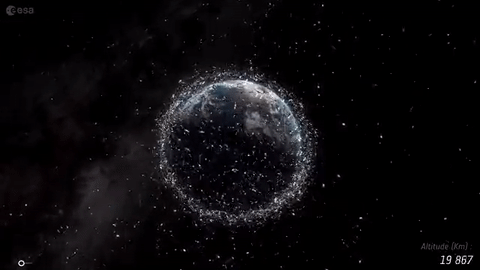
The rise of the space lawyer
Patrick Mackenzie is a commercial lawyer with an interest in space law.
He works in the Perth office of global law firm King & Wood Mallesons.
“Law is involved in almost every aspect of the exploitation of space,” Patrick says, “so there’s certainly a big role for lawyers in space.”
Patrick says clients might range from startups wanting to launch satellites to big government agencies.
“The lawyer’s role is actually to make things happen that otherwise wouldn’t,” he says.
For Patrick, a lot of the things he deals with in space law aren’t new concepts.
“It’s simply adapting existing commercial laws and regulations to a different kind of industry,” he says.
“It’s applying laws in a new and exciting way.”

Policing space
So what happens if you commit a crime in space?
“That’s a little bit like being a national on a ship at sea,” Erika says.
“A person that is in space still is a national of a specific country and is bound by the laws of that country.”
That means Australians in space are subject to Australian law, Russians to Russian law and so on.
What’s thought to be the first allegation of crime committed in space happened last year, when American astronaut Anne McClain was accused of accessing her ex’s bank account from the International Space Station.
Objects in space – like satellites – are the responsibility of the country where they are registered or were launched from.
But as technology advances and humans start to colonise and monetise the Solar System, space law will become even more complex.
“If we want to facilitate [an Australian civil space industry], then we need to have lawyers who have expertise in both commercial law but also the specifics of space law as well,” Erika says.
And as for mediating with alien species … well that’s surely a job for a space lawyer!



